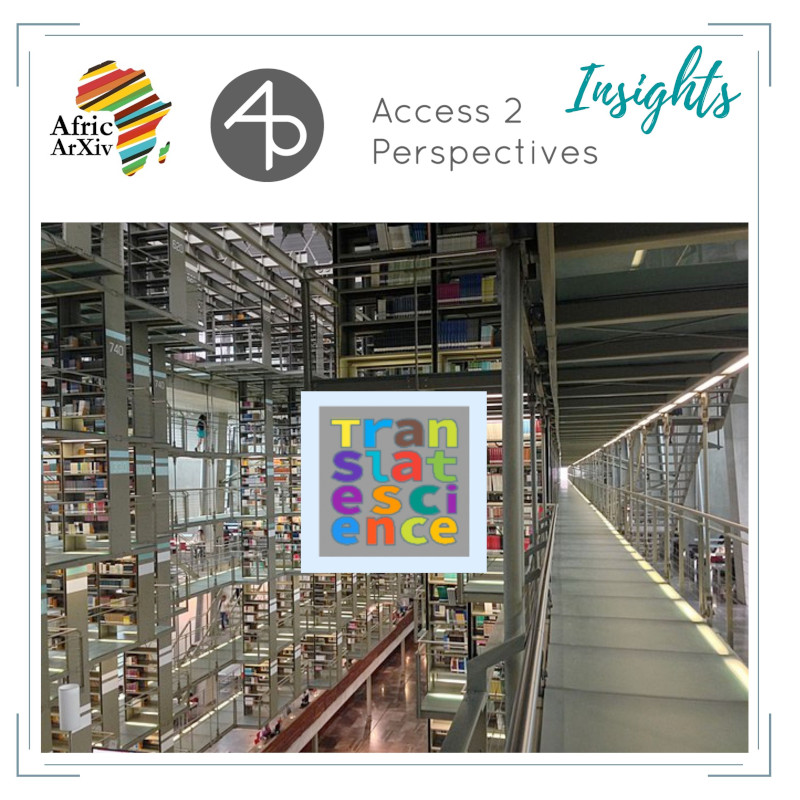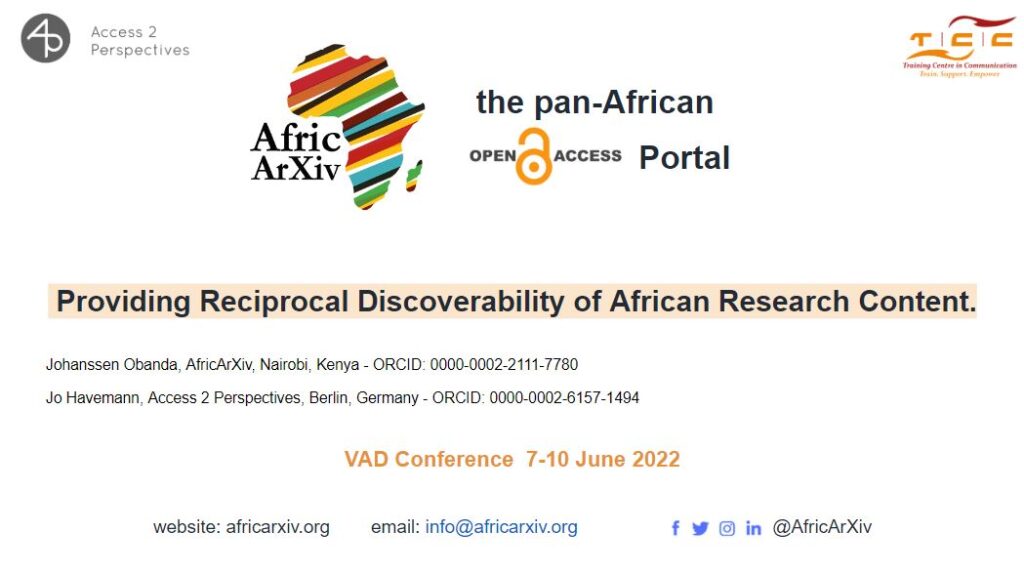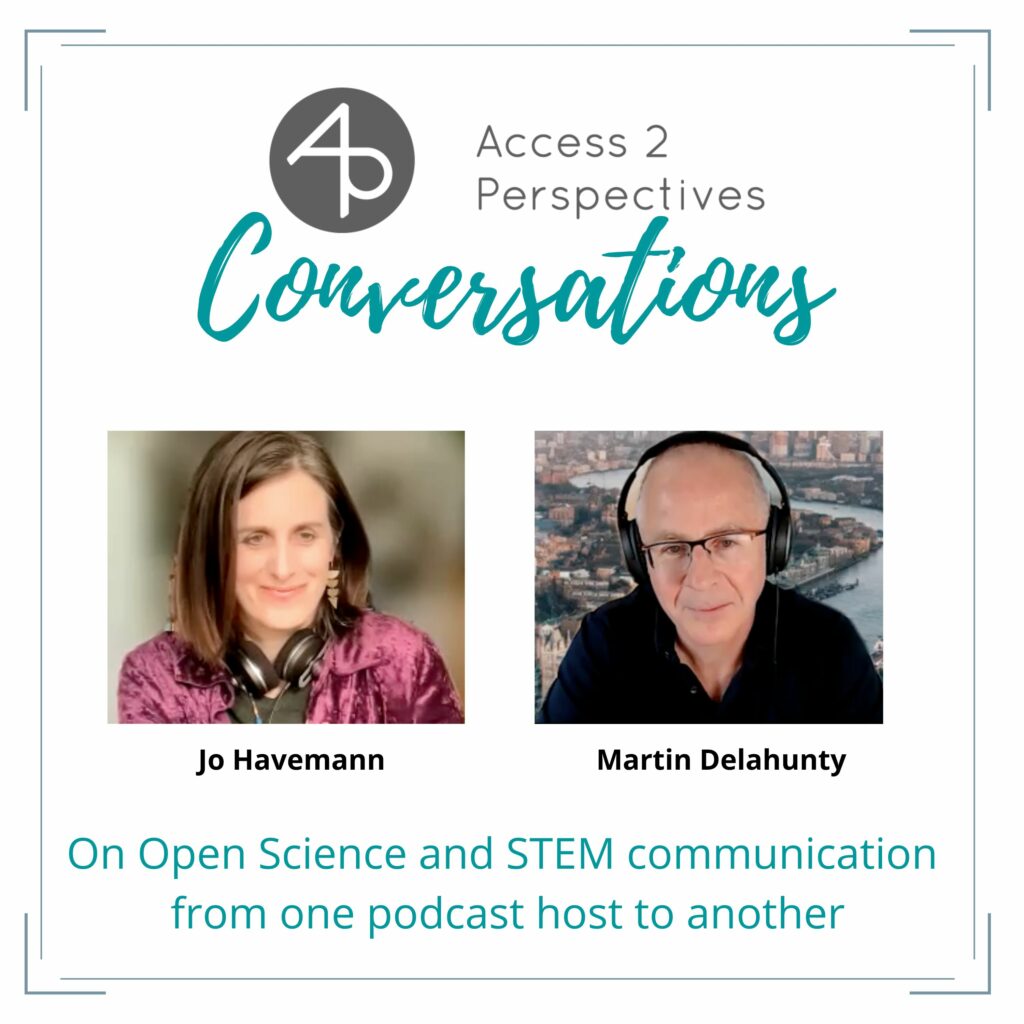Translated articles are research output
Translating scholarly works can contribute enormously to a scientific community. Famously, Albert Einstein translated articles into English so that Anglo-Americans could contribute to state-of-the-art science. The modern tendency to ignore scholarship that is not in English leads to lower quality studies and double work. Translation can help overcome linguistic barriers, and is thus an important means to increase accessibility and participation as well as to counteract fragmentation of the literature into linguistic islands.










